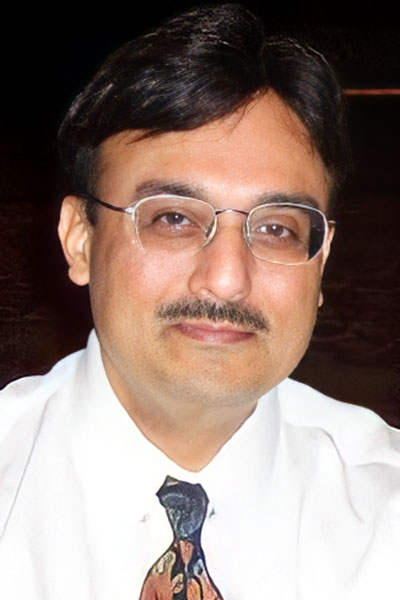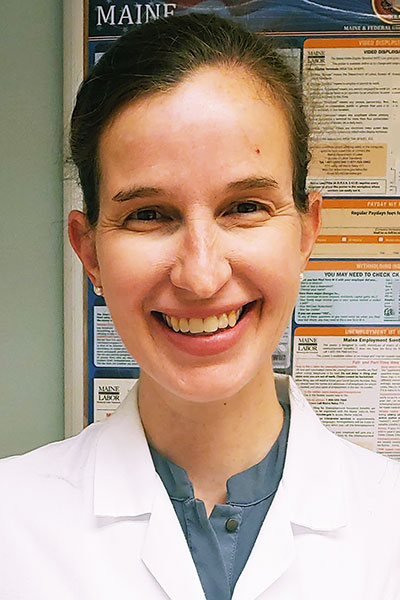
Underrepresentation in the medical workforce is a well-documented issue with serious consequences for physicians and patients. But, progress in this area has been slow.
“We are still far behind when it comes to gender equality and when it comes to inclusion of diverse physicians and IMGs (international medical graduates) within our health care system,” said Shahid Sheikh, MD, FCCP, pulmonologist at Nationwide Children’s Hospital in Columbus, OH, and a professor of clinical pediatrics at The Ohio State University College of Medicine.
Addressing these deficiencies in a meaningful and lasting way will be the focus of a CHEST 2022 session, Racial and Gender Bias in Patients and Physicians, on Tuesday, October 18, from 2:45 PM – 3:45 PM CT, in Room 208B. The process starts with recognizing the many manifestations of discriminatory behaviors in hospitals, clinics, and medical classrooms, said Dr. Sheikh, who is chairing the session.
“Unless we recognize the issue, we will never be able to understand its depths, and we will not be able to find the ways to resolve it,” he said. “These issues will not be resolved in one day—some may need a couple of generations—but if we face them up-front, we might be able to convince our policy-makers to implement necessary changes so that in the future, things can be significantly improved.”
Anne Coates, MD, FCCP, pediatric pulmonologist at Maine Medical Center in Portland, ME, will begin the session by outlining challenges faced by female physicians.

“Less than 30% of division chiefs and department chairs across the country and globally are women. And yet, now over 50% of the admitted individuals attending medical school are women,” Dr. Coates said. “So there clearly is a discrepancy with the people entering the field and those who ultimately have roles in leadership.”
Gender bias contributes not only to lack of representation in key leadership positions but also significant disparities in compensation and career development, as well as sexual harassment, Dr. Coates said. Each of the issues are magnified for female physicians from diverse backgrounds, she noted.
Dr. Sheikh will explore the impact of biases on foreign-trained physicians who make up about 25% of the practitioners in the United States health care system. Sumit Bhargava, MBBS, FCCP, pediatric pulmonary and sleep medicine doctor at Stanford Medicine Children’s Health, will highlight how bias and other forms of discrimination affect the careers of physicians from various racial and ethnic backgrounds. Courtney Gushue, DO, pediatric pulmonologist at Nationwide Children’s Hospital, will discuss the relationship between physicians and patients in diverse demographics, especially the need to improve access and patients’ trust in their providers.
“You can simply see different populations living in the United States with a different median life expectancy, different morbidities, and different rates of complications, and they are managed quite differently,” Dr. Sheikh said. “Our data from the COVID-19 pandemic clearly showed that there was so much disparity among the people who were dying of the disease because their health care was not optimal before the infection.”
The examples and strategies shared within each presentation will be important to discuss following the session, and the presenters are eager to learn from attendees’ experiences, as well.
“We hope our session is well attended,” Dr. Coates said. “It is so necessary to continue this conversation and make our work environment the healthiest that it can be, not only for ourselves, but our patients and for future generations.”
Join us at CHEST 2025
Save the date for the next Annual Meeting, October 19 to 22, 2025, in Chicago. CHEST 2025 will explore the latest advancements in pulmonary, critical care, and sleep medicine, with a focus on innovation and the future, just as the city itself embodies progress and reinvention.





